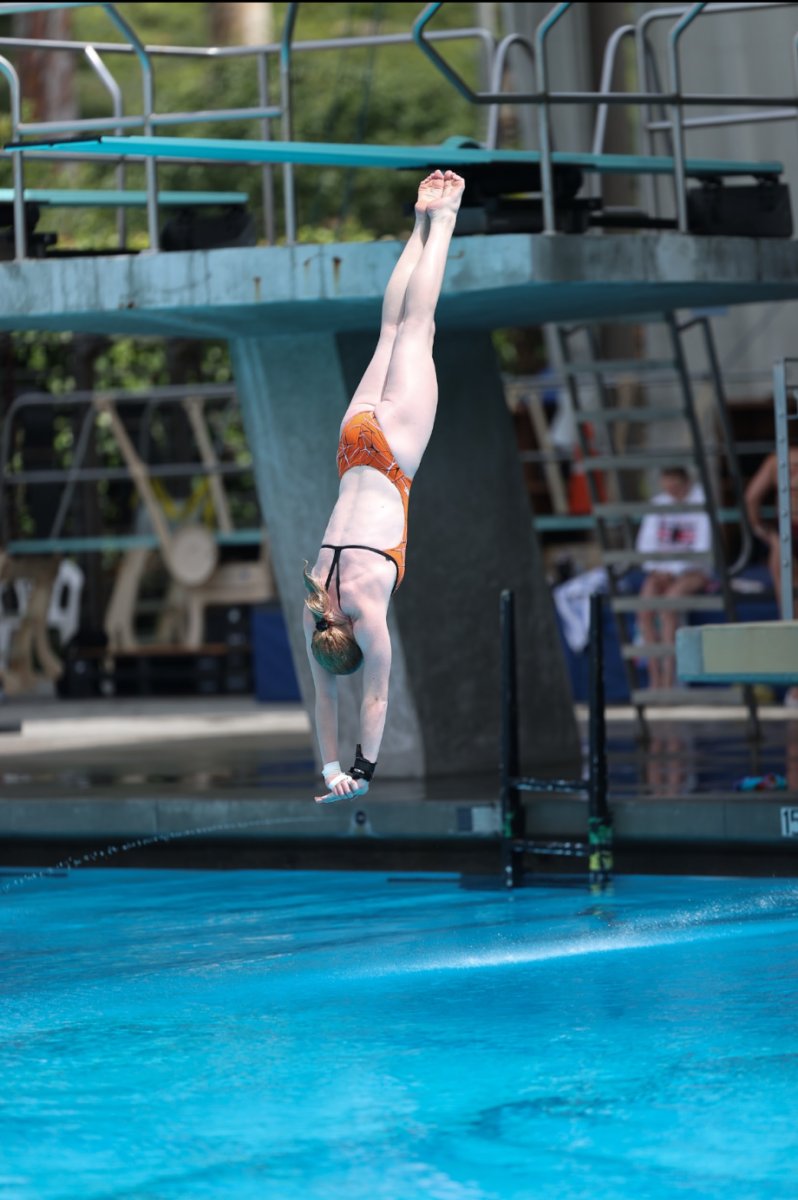UPDATE: This story has been updated on Saturday May 8 to show that after Friday’s developments, Senate Bill 29 is much more likely to reach the House floor.
On April 15, the Texas Senate passed Senate Bill 29 in an attempt to ban transgender students from competing in school sports teams based on the gender they identify with. The bill passed in an 18-12 vote and is now sitting with the Texas House of Representatives.
SB 29 appeared to be heading out of House Committee on Public Education early this week, but on Tuesday, with seven votes needed from the 13-member committee for it to make the House floor, the committee voted 6-5 in favor of the bill. More representatives voted for it than against it, but with two committee members not voting, it failed to get out of committee. Then on Friday, the head of the committee, Rep. Harold Dutton, D-Houston, revived the bill by changing his Tuesday abstention to a Friday voting in favor of advancing the bill.
Dutton’s switch was reportedly in response to his own party’s actions to block a bill he authored that would have given the Texas Education Commissioner Mike Morath the ability to assume control of local school boards and remove school board members if they meet certain criteria as “failed” schools. Another committee member, Rep. Dan Huberty, R-Houston, also voted to advance the bill on Friday after being absent for the vote on Tuesday. By an 8-5 vote, the bill will advance out of the education committee.
It now moves to the Calendar Committee, which will decide the course of action the House will take on the bill. Texas Democrats last chance to stop the bill from reaching the floor is to convince the Calendar Committee not to schedule it for debate before the session ends on May 31. The Democrats will look for anything procedural or processing errors in the bill that aren’t done correctly that need to be corrected before scheduling the bill for debate.
Given the crazy traffic of GOP-sponsored initiatives that were debated and voted on today — bills on everything from a statewide ban on public camping to an extremely restrictive abortion ban –, it could be that delaying the bill will cause it to drop out of contention in the House.
SB 29 would require transgender athletes to “prove” their biological sex by showing their unchanged birth certificates before being able to compete.
“Our intent is to make sure girls can compete at the UIL level competitively and safely, not against biological males,” Sen. Charles Perry, R-Lubbock, the founder of SB 29, said on the Senate floor. According to the Texas Tribune, Perry acknowledges that he does not know any transgender athletes competing in Texas sports.
Currently, the University Interscholastic League of Texas, the presiding power of athletics and extracurriculars in the state, categorizes athletes based on the sex recorded on their birth certificates, but also recognizes and respects the identities of transgender students if they change their gender on their personal documents. If the House passes SB 29, it change the current protocols and force the UIL to consider only the gender assigned to Texas athletes at birth.
The bill has sparked outrage in the LGBTQ+ community, but with 82 Republicans and 67 Democrats in the House, it might pass should it get to the floor for debate.
Junior Ceder Herring, a trans, genderfluid student athletic trainer, believes that SB 29 limits the freedoms and rights of transgender youth.
“It’s not the government’s place to say anything about someone’s identity,” they said. “Some people are built for sports and some people are not, that’s already reality.”
A transgender McCallum student who wishes to stay anonymous for fear of being targeted agrees with Herring and contends that bills like these often misunderstand the intricacies of gender identity, trans bodies and sexual orientation.
“The bill is not [intended] to “eliminate” any natural biological advantages that may be present, as it aims to target trans people specifically when in reality natural biological advantages already exist in cisgender people,” they said.
A senior athlete, who wished to remain anonymous for fear of being singled out for expressing a contrary opinion, argued in defense of the bill’s central mission.
“I believe it’s the right decision mainly because of the advantage transgender [women] have against other women,” the athlete said.
The athlete worries that transgender women can damage cisgender women easily in women’s sports. A junior who also wished to remain anonymous for the same reason said that there is a side to this bill that is justified.
“There is a side to this that is right,” the junior said. “I think the reasons they could be doing this is to prevent actual males from cheating and competing in women’s sports just by ‘identifying’ as a woman.”
In contrast to these students, senior Jay Mathias believes that trans athletes competing in sports have no real threat to the integrity of the game.
“Trans athletes have won in sports competitions, but it’s never been due to any weird transphobic scapegoats like superior strength retained from being male at birth,” Mathias said. “It’s just that they were the better athlete. It’s so ridiculously invalidating to every trans athlete and the people who put this bill into motion and passed it [in the Senate] are deplorable.”
Both Mathias and junior Natasha Walser think the bill is detrimental to the trans community and promotes gender discrimination.
“It’s preventing students from participating in sports that could possibly bring them amazing experiences and get them ahead in terms of college opportunities,” she said. “It’s not the state’s place to invalidate a student’s gender identity and prevent trans students from participating simply because they want respect for who they are.”
Ricardo Martinez, CEO of Equality Texas, held a news conference outside the Capitol building on April 7 to protest and raise awareness for the more than 30 bills filed in the Texas legislature that would limit the rights of LGBTQ youth.
“This attack, which intentionally targets transgender and intersex youth, who are some of the most vulnerable members of our community, is especially cruel given that we’re still in a deadly pandemic,” Martinez said.
Senior Griffin Butler attended an Equality Texas organized protest at the capital on April 14, the day SB 29 passed through the Senate.
“Banning trans kids from sports has nothing to do with safety,” he said. “If they wanted to protect kids from getting hurt in sports they could ban football. It’s just a veiled excuse for discrimination and hate.”
Butler sees Senate Bill 29 as just one step in a whole slate of legal attacks on members of the LGBTQ+ community.
“They are also trying to make it legal for doctors and other medical professionals to be able to deny treating someone because they are LGBTQ+ under the guise that it’s ‘religious freedom,’” he said.
The same transgender student, who wished to remain anonymous for fear of being targeted, says this bill terrifies them.
“My existence is constantly being attacked on not only a personal level but a legislative one,” the student said. “I’m overwhelmed with emotions right now. This bill is just one of many anti-trans bills that are being passed across the country as a systematic attack on trans people, who are more often than not children.”
They consider the anti-trans bills being passed as not targeting a biological disadvantage in sports but as a discriminatory attack.
‘I’m proud of who I am, and I’m proud of my body,” they said, “but bills like these are the reason I live in fear every day.”















